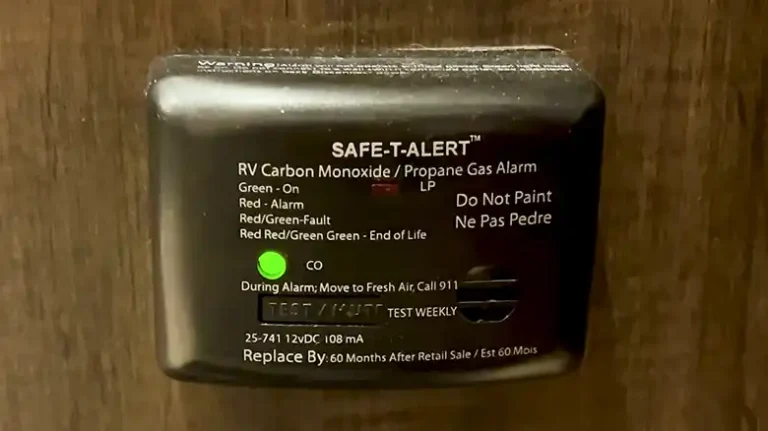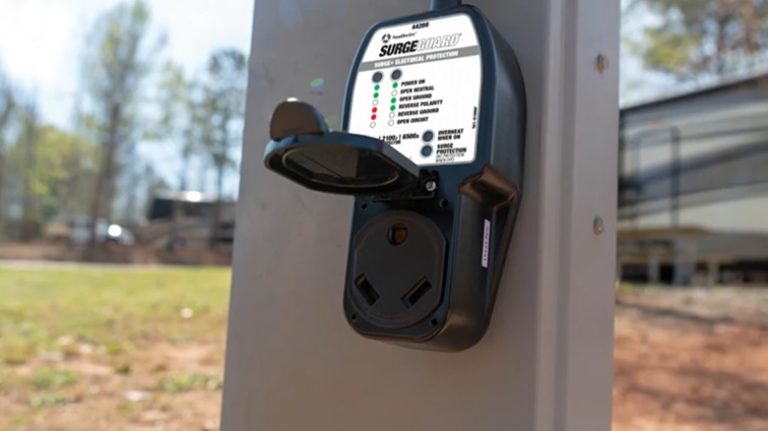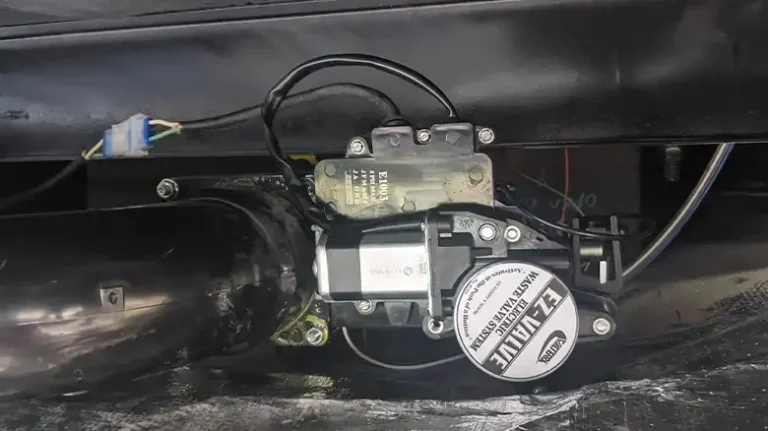Can I Connect My 30-amp RV to a 240-volt Generator? Is It Safe?
Planning an RV adventure can be as thrilling as the journey itself. However, a significant challenge many RV enthusiasts face is ensuring a seamless power supply during their travels. But what about when you’re in the middle of the great outdoors, ready to recharge your batteries – both figuratively and literally – but your RV and generator seem to speak different electrical languages? How can you connect your 30-amp RV to a 240-volt generator without causing a power surge, frying your appliances, or worse?
Simply put, yes, you can connect your 30-amp RV to a 240-volt generator. However, it’s not as straightforward as plugging in and hoping for the best. You may have to make use of an adapter and before connecting the RV, you should check for the proper voltages and others on the RV end of the adapter. Don’t worry as this article will guide you through the difficulties of making this connection safely and effectively, the key components, precautions, and steps necessary to bridge the gap between your RV’s power requirements and your 240-volt generator’s capabilities.
Now, whether you’re a seasoned RV enthusiast or a newbie, understanding the nuances of this process can make your camping adventures smoother and more enjoyable. So, take a few minutes and keep reading the article till the end!

Is It Possible to Connect a 30-amp RV to a 240-volt Generator?
RVs are like mini homes on wheels. They come with all the comforts of home, including electrical appliances and devices. However, they operate on a different electrical system compared to your household. Let’s take a closer look at the fundamentals.
RV Power Plug Types
RVs commonly come in three power plug types: 30-amp, 50-amp, and 110-amp. The 30-amp plug is the most common and is suitable for smaller to medium-sized RVs. On the other hand, 240-volt generators are designed to power households and larger appliances.
Voltage and Amperage Compatibility
Your RV operates on a 120-volt AC system, while a 240-volt generator produces 240 volts. This discrepancy might seem like an insurmountable obstacle, but there’s a solution. The key is determining how to adapt the power from your generator to meet your RV’s requirements safely.
Connecting Your 30-amp RV to a 240-volt Generator
Step 1: Invest in a Transformer
To bridge the gap in voltage, you’ll need a device called a transformer or voltage adapter. This gadget allows you to safely convert the 240 volts from the generator into the 120 volts your RV can handle.
Step 2: Double-Check Wiring
Ensure that your RV’s internal wiring can handle the 240-volt input. If it’s not designed for it, you may need to upgrade or install additional wiring.
Step 3: Use an Appropriate Outlet
Invest in a 240-volt to 120-volt adapter plug that matches your RV’s power cord. This will ensure a secure and snug connection.
Step 4: Manage Power Consumption
Bear in mind that even with the adapter, your RV’s electrical system is still 30 amps. This means you need to manage your power consumption carefully to avoid overloading the system.
Safety Precautions
While connecting your 30-amp RV to a 240-volt generator is doable, it’s crucial to follow safety measures –
- Always use the right adapters and connectors.
- Do a test run before embarking on your trip to ensure everything works as expected.
- Monitor your power consumption to avoid tripping circuit breakers or damaging your RV’s electrical system.
Conclusion
When it comes to RV adventures, making the right electrical connections can be the difference between a fantastic journey and a nightmare on wheels. The answer to whether you can connect your 30-amp RV to a 240-volt generator is a resounding yes, but it requires some know-how and the right equipment. With the proper transformer, adapters, and safety precautions, you can power up your RV and enjoy your travels with peace of mind.
We hope this guide has shed light on this electrifying topic. If you have any more questions or need further clarification, don’t hesitate to leave a comment in the section below. Happy and safe RV adventures to you!







